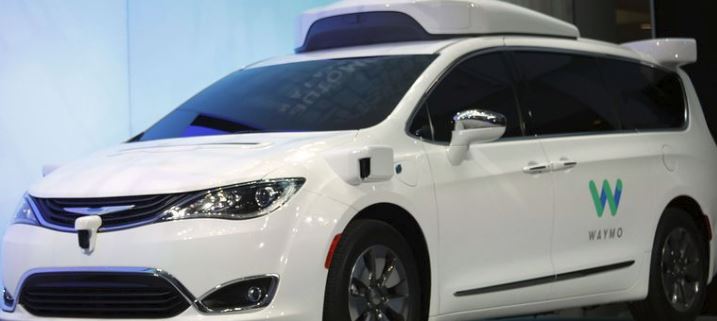By Kirsty Coleman-
The UK government announced on Wednesday, their plan to significantly progress in carrying out advanced trials of fully self-driving vehicles, with the aim to be world leaders in this specific area. This is as a result of the growing desire by UK automotive and technology industries to carry out more advanced trials on automated vehicles and in conjunction with this, progress is being made to handle the trials on public roads in the UK.
They have updated their 2015 Code of Practice, ‘The Pathway to Driverless Cars: A Code of Practice for Testing’, and today, published the refreshed document named ‘Code of Practice: Automated Vehicle Trialling’. The document focuses on their approach to carrying out more advanced trials, with the vast majority, understandably relating to safety and legal aspects such as vehicle requirements, safety driver and operator requirements and engagement with the relevant bodies during such trials. Some contact points are provided, although the list is not exhaustive and it is made clear that ultimately, it is the responsibility of trialling organisations to converse with anyone who may be affected as a result of conducting the trials. It states how insurance requirements and the Highway Code, are still to be obeyed, and should the advanced trial be on a public road, the driver or operator must hold the correct category of driving license in accordance with the law.
THE FUTURE
The government are showing further commitment to these plans in accordance with their modern Industrial Strategy, by targeting for these vehicles to be on UK roads in 2021. It is estimated that this sector in the UK will be worth £52 billion in the year 2035.
Richard Harrington, Automotive Minister, said “We need to ensure we take the public with us as we move towards having self-driving cars on our roads by 2021. The update to the code of practice will provide clearer guidance to those looking to carry out trials on public roads”.
The general population may support and be excited by the prospect of self-driving cars coming to the UK’s roads so soon as 2021, partly due to poor driving skills acquired by humans, often resulting in accidents and fatalities, and partly because of ease, not having to concentrate whilst driving. The thought of a self-driving car seems futuristic, yet it is in the very near future when we will begin to experience them.
CONCERNS
There are already features in some modern cars to aid potential poor driving, such as lane centering for when drivers gradually drift out of their lane, and pre-collision braking systems which automatically brake when they detect a collision will occur. These features impede the human race’s capabilities of improving their driving skills, and contribute to the further decline of their built-in common sense, which is subtly being nullified.
Others, may worry about the malfunctioning of such vehicles and loss of control. It is almost inevitable that something will go wrong with these cars, on more than one occasion in the future, just as everyday technology experiences glitches, with the risk factors being significantly higher. Ethics will essentially be handed over to cars, which unlike humans, do not have a conscience. It arises the question, should an accident occur in self-driving vehicles, who is ultimately responsible when humans no longer have full control over the vehicle?
There have been several surveys conducted regarding what outcome the public would prefer in different scenarios. Some of the examples involved choosing between colliding into a child, or swerving to avoid the child, possibly resulting in their own death, favouring between a business person or a homeless person, women or men, young or the elderly. Surveys concluded that the majority of motorists would prioritise saving the lives of children over other road users.

